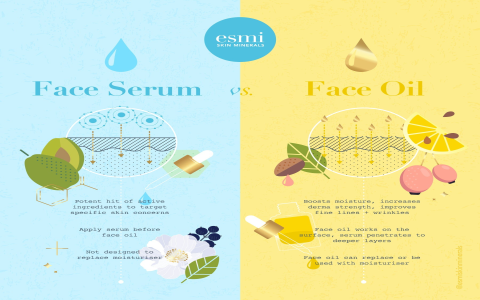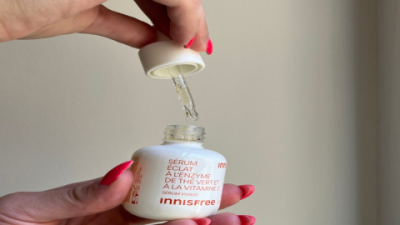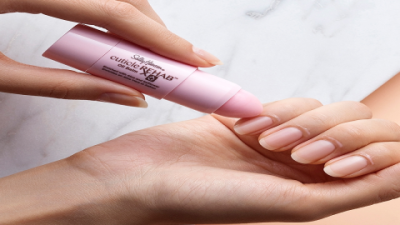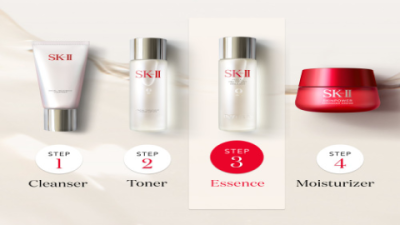I'll be honest with you - I spent way too many years switching between hair oils and serums without really understanding what I was doing. Like most people, I'd grab whatever was on sale or looked pretty on the shelf. Big mistake.
The whole hair oil versus serum thing? It's not as straightforward as beauty influencers make it seem. Trust me, I've been down this rabbit hole more times than I care to admit, and I've learned some hard lessons along the way.
Let's Talk About What These Products Actually Are
So here's the thing about hair oils - they've been around forever. I mean, your grandmother probably swore by some kind of oil treatment, right? Mine used to slather coconut oil on everything. And honestly? She wasn't wrong, but she wasn't completely right either.
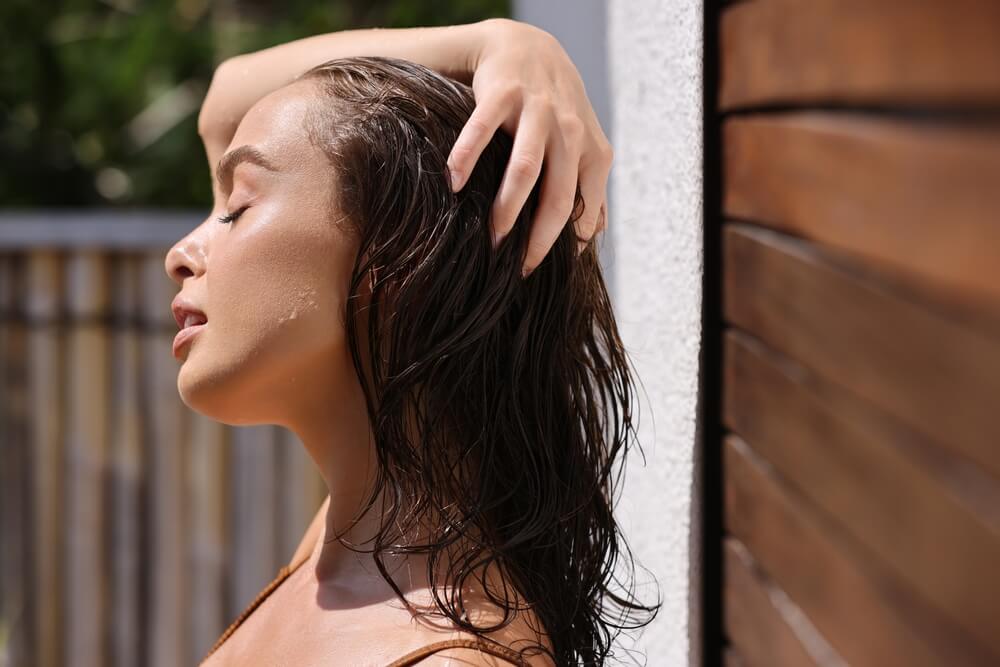
Hair oils are basically... well, oils. Shocking, I know. But they work by sitting on top of your hair, creating this protective layer. Think of it like putting a raincoat on your hair. It keeps the good stuff in and the bad stuff out.
The molecules in these oils are pretty big, which means they mostly stay on the surface. Sometimes this is great. Sometimes it's not. Depends on what you're dealing with.
Now serums - that's where things get interesting. These are the newer kids on the block, and they're basically like the overachievers of hair care. While oils are content to hang out on the surface, serums actually work their way into your hair.
I remember the first time I tried a good hair serum. It was this expensive bottle I splurged on during a particularly bad hair week (we've all been there). The difference was... well, let's just say I became a believer.
The Real Differences That Actually Matter
Okay, so you want the technical stuff? Here it is, but in plain English because nobody has time for chemistry lessons.
Size matters - and I'm talking about molecules here. Oil molecules are chunky. Serum molecules are tiny. This means oils sit on top while serums dive deep. It's like the difference between putting a hat on your head versus taking medicine that actually gets into your bloodstream.
I learned this the hard way when I was using this heavy argan oil on my fine hair. Looked great for about... oh, maybe an hour? Then I looked like I hadn't washed my hair in a week. Not cute.
Application is everything. With oils, less is definitely more unless you want to look like you dunked your head in a fryer. I use maybe three drops max, and that's for my shoulder-length hair. Start with one drop. Seriously.
Serums are more forgiving, but they're also trickier. Some work better on wet hair, others on dry. Some you can layer, others will pill up if you use too much. It's honestly a bit of trial and error.
What Works for Different Hair Types (From Someone Who's Tried Everything)
Fine Hair - The Struggle is Real
If you have fine hair, you probably already know the pain of trying to add moisture without looking greasy. I have friends with fine hair who are scared to use anything because every product seems to weigh their hair down.
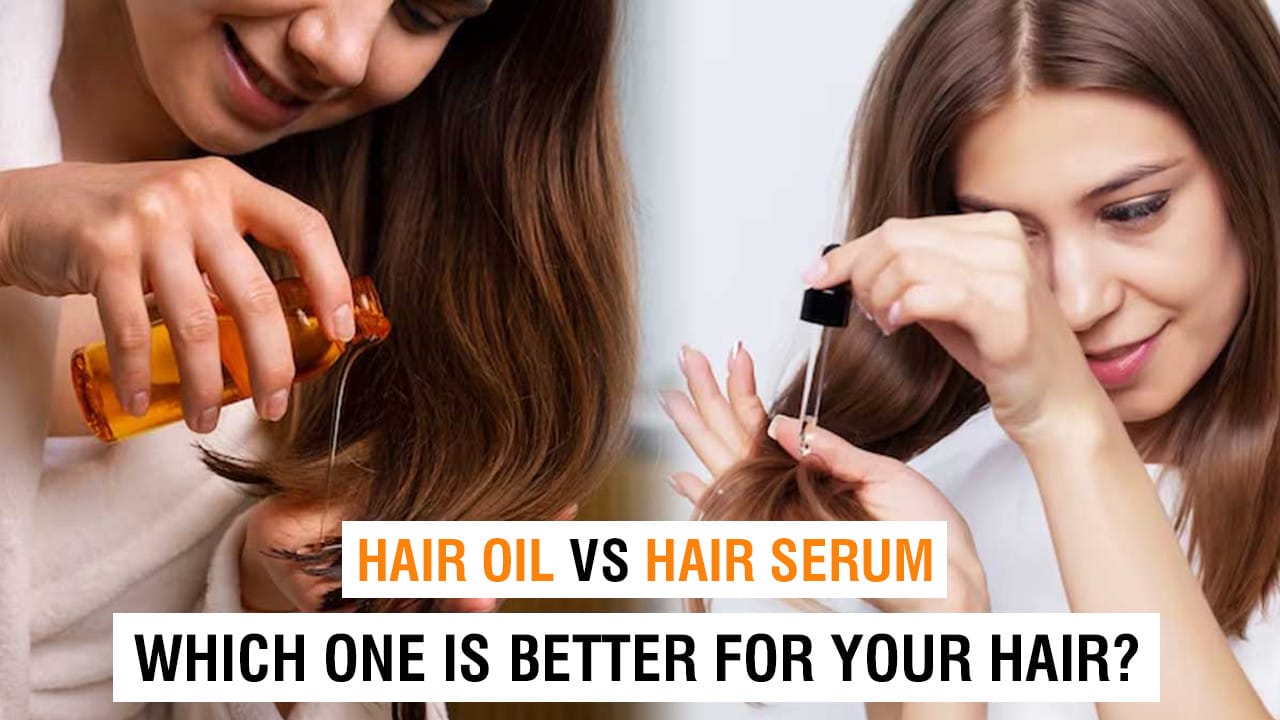
Here's what I've observed: serums are usually the way to go. But not just any serum - you need something specifically designed for fine hair. And please, for the love of all that's holy, avoid anything that says "intensive" or "deep repair" unless your hair is actually damaged.
My friend Sarah has the finest hair I've ever seen, and she swears by this lightweight serum that costs way too much but actually works. She uses it every day and her hair looks amazing. The key? She applies it to damp hair and uses maybe half a pump.
Thick Hair - You Lucky Ducks
Thick hair people, I'm slightly jealous. You can get away with so much more. Heavy oils? No problem. Multiple products? Go for it.
I have a cousin with thick, coarse hair who literally uses coconut oil as a leave-in treatment. Just straight coconut oil. It would make my hair look absolutely terrible, but on her? Gorgeous, shiny, healthy-looking hair.
For thick hair, you can honestly use either oils or serums, or both. The world is your oyster. Just remember that what works in winter might be too heavy in summer.
Curly Hair - Special Rules Apply
Curly hair is its own beast. I don't have curly hair myself, but I've watched enough curly-haired friends struggle to know that the rules are different.
From what I've seen, curly hair tends to love oils. There's something about the way oils enhance curl definition that serums just can't match. But then again, I've also seen people with curls who swear by specific serums for frizz control.
My advice? If you have curly hair, you probably know your hair better than I do. Trust your instincts, and don't let anyone tell you there's only one right way.
The Long Game - What Happens Over Time
This is where things get interesting, and honestly, where most people give up too soon. Hair care isn't like makeup where you see results immediately. It's more like going to the gym - you need consistency.
I've been using the same hair routine (with minor adjustments) for about two years now. The difference in my hair quality is honestly dramatic. But it didn't happen overnight, and there were definitely some setbacks along the way.
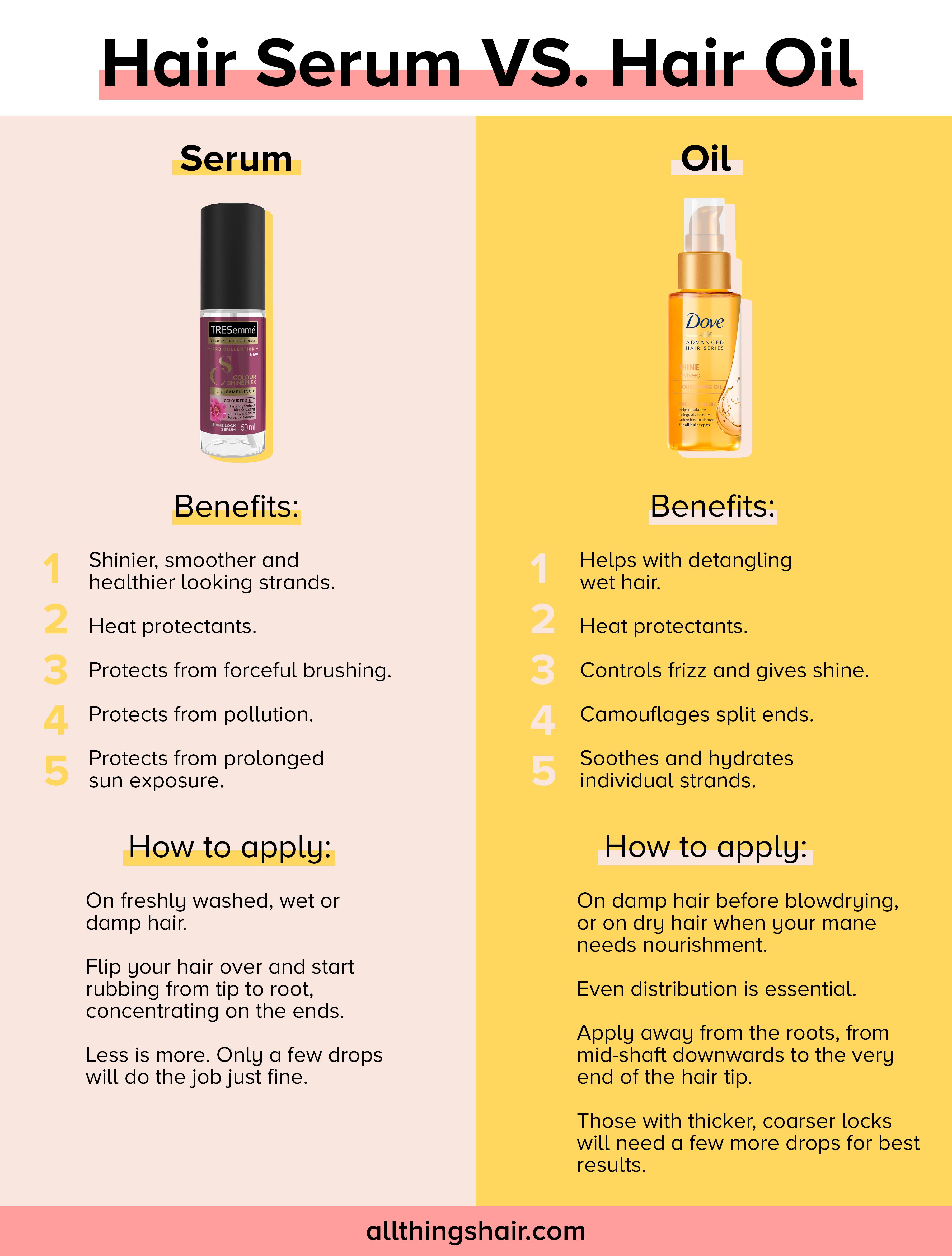
Oils are great for prevention. They're like sunscreen for your hair - you might not see immediate benefits, but they're protecting against damage you can't see yet. Serums, on the other hand, can actually repair some existing damage over time.
The best results I've seen (both on myself and friends) come from people who stick with something for at least three months before deciding if it's working or not.
Let's Address Some Myths
"Natural is always better" - Look, I love a good natural ingredient as much as the next person, but some of the best products I've used have synthetic ingredients that just work better than their natural counterparts. Don't get caught up in marketing.
"More expensive means better" - Sometimes yes, sometimes no. I've used $ oils that worked better than $ ones. Price often reflects packaging, marketing, and brand prestige more than actual effectiveness.
"You should use a lot for better results" - This one makes me cringe because I used to think this way. More product usually equals worse results, especially with oils. Less is almost always more in hair care.
Common Questions I Get Asked
Can you use both together? Yes, but there's a trick to it. Serum first on damp hair, then a tiny amount of oil on the ends once your hair is mostly dry. Don't just slap them both on at the same time - that's a recipe for disaster.
How often should you use these products? It depends on your hair, honestly. I use serum almost daily because my hair can handle it. Oil maybe twice a week, and only on the ends. Some people can use oil daily, others need it just once a week.
Will this make my hair grow faster? No, and anyone who tells you otherwise is lying. What it will do is help prevent breakage, which means you'll retain more length over time. That's not the same as faster growth, but it's still pretty great.
What about damaged hair? If your hair is really damaged, serums are probably your better bet for actual repair. Oils are great for preventing further damage, but they can't fix what's already broken.
My Personal Take
After years of experimenting, here's what I've learned: there's no universal answer. What works for me might be terrible for you. What works for you in winter might be too heavy in summer.
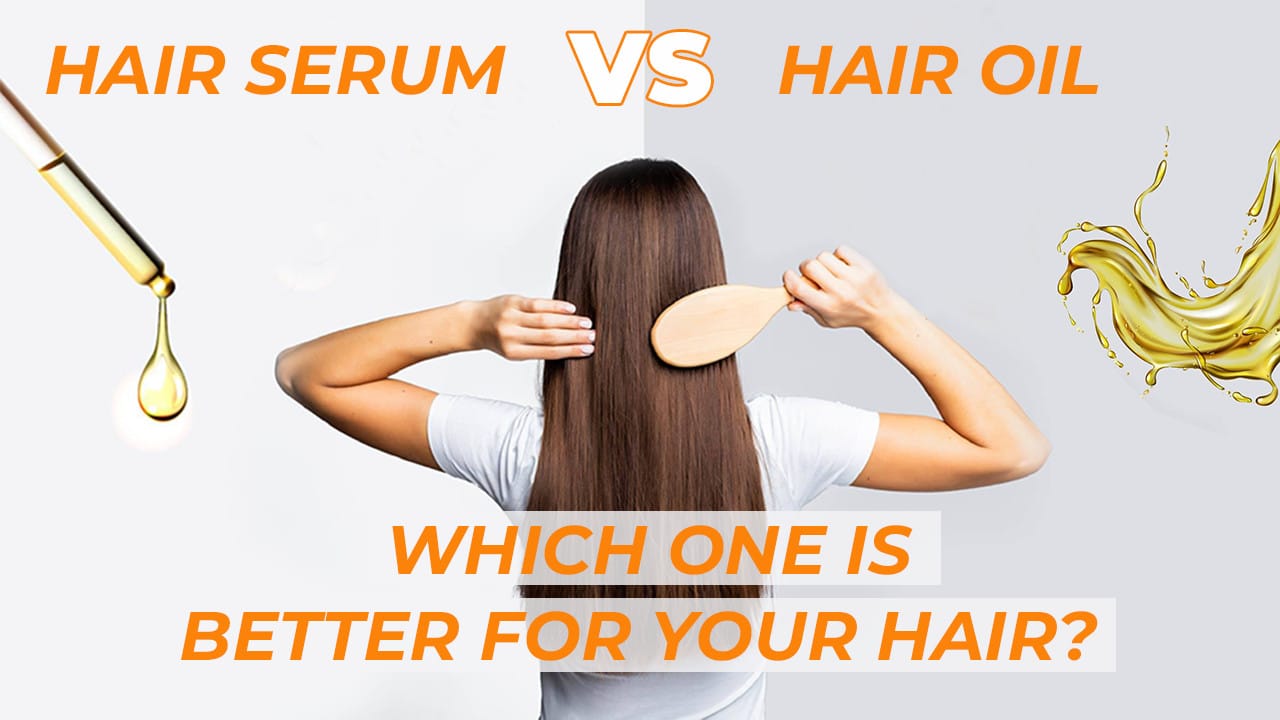
That said, if I had to pick just one? I'd probably go with a good serum. They're more versatile, work for more hair types, and you're less likely to mess up the application.
But honestly, the best approach is probably using both strategically. A good serum for regular maintenance and targeted treatment, with oil as backup for extra protection or when your hair needs some TLC.
The most important thing? Pay attention to your hair. It'll tell you what it needs if you listen. And don't be afraid to adjust your routine based on seasons, hormones, stress levels, or just because you feel like trying something new.
Hair care should be enjoyable, not stressful. If a product makes you anxious about application or results, it's probably not the right one for you, regardless of how many five-star reviews it has.
And remember - your hair doesn't need to be perfect. Sometimes good enough is actually perfect.
